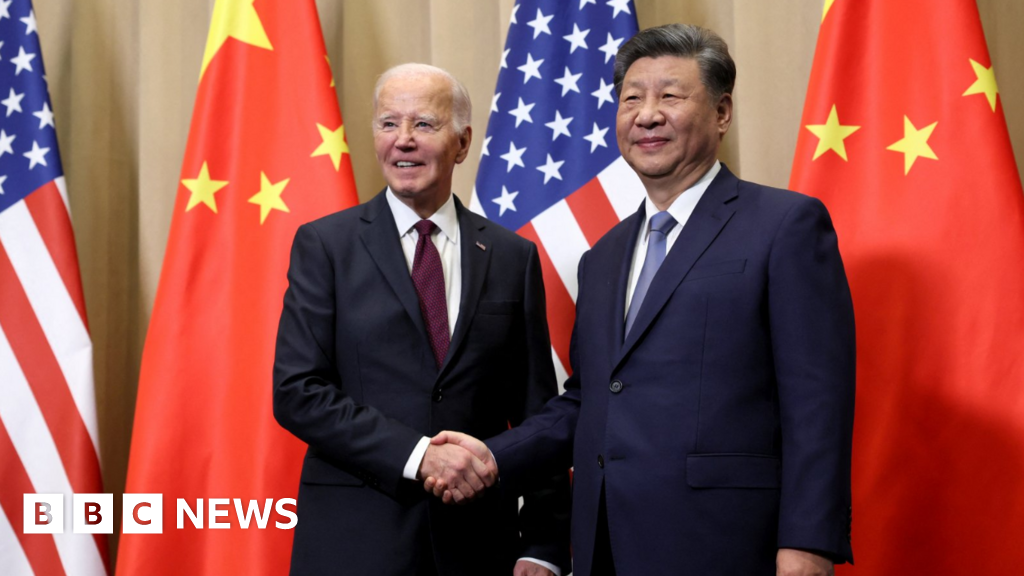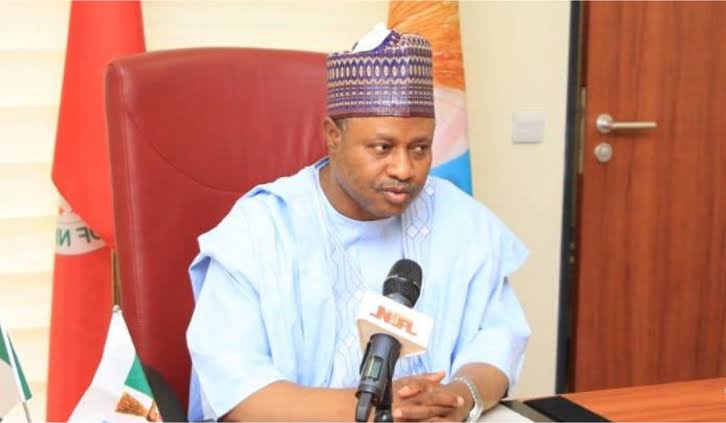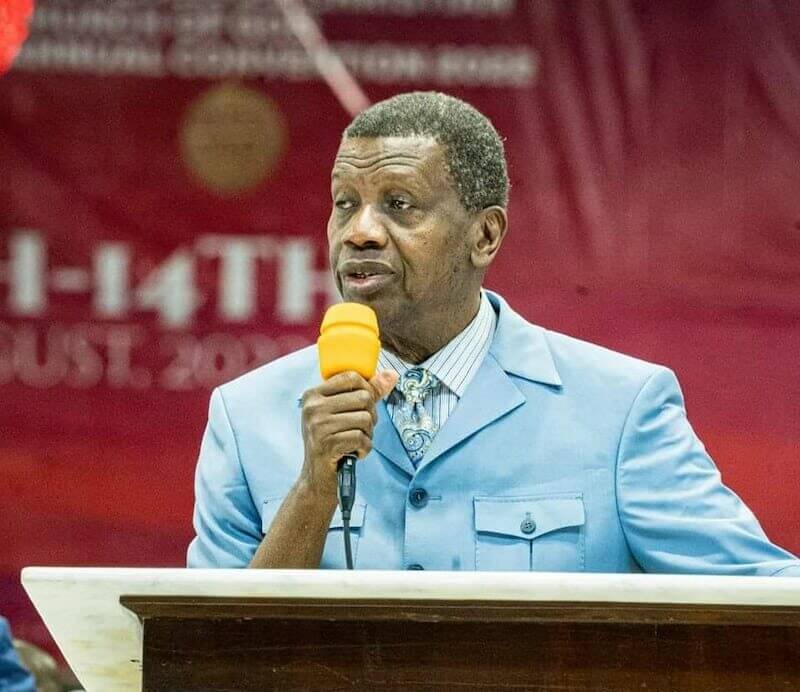
Central Bank of Nigeria building
Central Bank Governors in Africa have expressed their concern over the rising cost of borrowing by African nations, stressing that the efficient development of the continent cannot be achieved at the current rates.
The governors, advocating a drastic cut in the cost of borrowing, said this position will be submitted at the forthcoming International Monetary Funds and World Bank’s annual meetings while canvassing for the adoption of a common position by the African continent.
The Governor, Bank of South Sudan, and Chair of the Monetary Affairs Committee for the East African Community, Dr James Garang, stated this in an interview with journalists at the sidelines of the 2024 African Caucus Meeting held on Friday in Abuja.
The African Caucus, established in 1963, aims to strengthen the voice of African Governors in the Bretton Woods Institutions on development issues pertinent to Africa.
Representing all 54 African countries, the Caucus meets twice yearly to consolidate views and convey them to the heads of the IMF and World Bank through a Memorandum.
In the first five months of this year, Nigeria’s debt servicing gulped about N2.2bn, data from the Central Bank of Nigeria revealed last month.
This is almost half of the $4.8bn projected for the entire year by Fitch Ratings in a report that predicted Nigeria’s external debt servicing would rise by $400m to $5.2bn next year.
According to the CBN International Payments Data, the FG spent the highest on debt financing in May at $854.36m, which is also the highest paid in a single month in the past year.
Addressing the issue of equitable financing, a stance supported by the governors of Central Banks from African nations, Garang emphasised that the forum needed to discuss equitable financing solutions considering the continent’s potential.
He said, “Equitable Financing is one of the issues that will be tackled in the memorandum and also in the declaration. There is a need to reform global financial architecture.
“It revolves around many things but I will just highlight three things. One is there is a need to reduce the cost of borrowing and enhance access to finance and also harmonise policies among ourselves and ensure that the voices of Africa are heard on the table.
“This is the point that we heard earlier, where Ambassador Amina Mohammed was talking about the G20. And also Ambassador Albert Muchanga of the EU Commission. They were talking about what can be done to ensure that Africa sits at the table where decisions around global financial architecture are met. So these are some of the things that are going to be coming up in the memorandum.”
He added that the forum will also focus on access to energy while seeking support from international lenders.
He also noted that the Central Bank governors from the African continent were concerned about the growing youth population and emphasized that an actionable plan would be developed to address this issue.
“The governors are very conscious about the level of unemployment today in the region and the continent. There is going to be a section in the memorandum that focuses on improving youth employment and opportunities across the board because we have not seen this not just for one country. The governors are very conscious and they will ensure that policies that focus on youth employment will be addressed.
“The other two things will of course be around issues that have to do with access to energy. And this is the area where the African Development Bank and the World Bank are taking the lead role to support the continent,” the governor added.

 3 months ago
39
3 months ago
39















 English (US) ·
English (US) ·